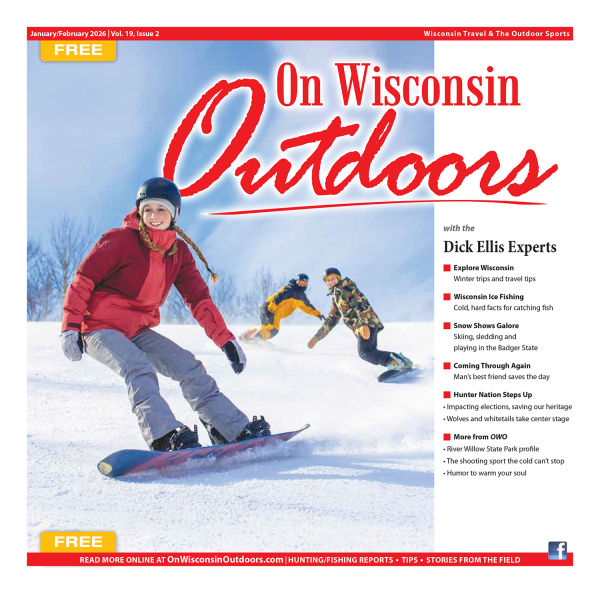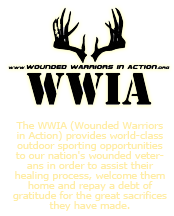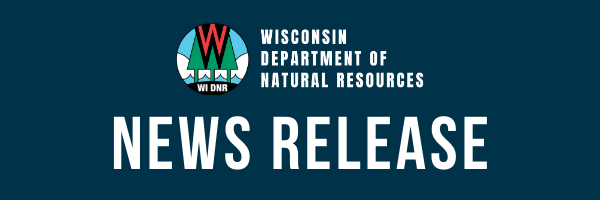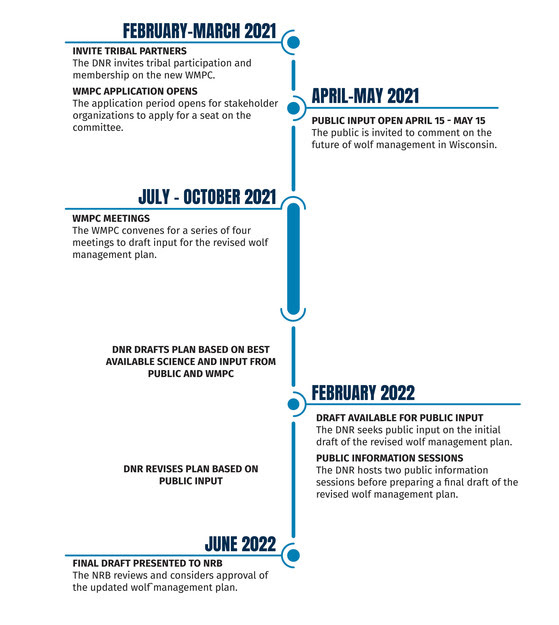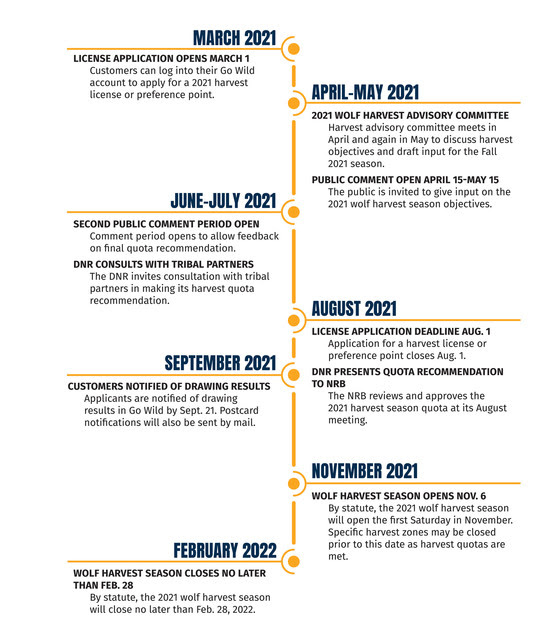|
FOR IMMEDIATE RELEASE: April 14, 2021
Contact: Jon Simonsen, DNR Environmental Analysis and Review Specialist
jonathan.simonsen@wisconsin.gov or 715-367-1936
DNR Seeking Public Comment For Wild Rice Management Strategic Analysis
Deadline To Submit Comments June 7

Wild rice is part of Wisconsin’s natural landscape. Beds of wild rice help maintain good water quality, and they provide food and habitat for waterfowl and many other types of wildlife. / Photo Credit: Wisconsin DNR
MADISON, Wis. – The Wisconsin Department of Natural Resources (DNR) is seeking public input on a draft Statewide Strategic Analysis of Wild Rice Management through June 7, 2021.
Wild rice is part of Wisconsin’s natural landscape. Beds of wild rice help maintain good water quality, and they provide food and habitat for waterfowl and many other types of wildlife. Protecting and managing wild rice will help ensure many wildlife species persevere for all to enjoy. Wild rice is also a culturally significant plant to Wisconsin’s Native American tribes, which have a personal and longstanding connection to wild rice.
The management of wild rice intersects with several DNR programs. The department chose to use the strategic analysis process to evaluate the range of scientific, natural resource and socioeconomic factors involved with protecting and encouraging the growth of wild rice. The purpose of the strategic analysis is to inform decision-makers and the public about current wild rice conditions, authorities and management practices, information gaps and alternative approaches.
A strategic analysis does not establish DNR policy or change existing rules. Instead, it will assist decision-makers, stakeholders and the public to better understand wild rice issues and make informed decisions about its management. This strategic analysis is the precursor to the development of a Statewide Wild Rice Management Plan.
“Wild rice is an amazing plant. Each year it grows from seed and transforms open waters into seas of grass, teeming with birds, mammals, insects, fish and other aquatic species,” said Jon Simonsen, DNR Environmental Analysis and Review Specialist. “Whether you are familiar with wild rice or not, this analysis is intended to help anyone interested learn about wild rice and wild rice management.”
The public is encouraged to review and submit written comments to improve the accuracy, clarity and objectivity of the draft strategic analysis document by June 7, 2021 to:
Department of Natural Resources
c/o Jon Simonsen, DNR Rhinelander Service Center
107 Sutliff Ave., Rhinelander, WI 54501
Email: Jonathan.Simonsen@wisconsin.gov
Following the public comment period, the department will review the input and provide a summary of the comments received. The public will be notified once a final version of the Strategic Analysis is available.
To learn more about the Wild Rice Management Strategic Analysis, click here.
|
NEWS RELEASE: DNR Recruiting Next Class Of Wisconsin Conservation Wardens04/12/2021
NEWS RELEASE: DNR Seeking Public Comment On Fall 2021 Wolf Harvest Season And Future Of Wolf Management04/12/2021
NEWS RELEASE: Wisconsin State Park System Spring Operations Update04/13/2021
NEWS RELEASE: DNR Seeking Public Comments For Wild Rice Management Strategic Analysis04/14/2021
NEWS RELEASE: Wisconsin Natural Resources Board Approves 2021 Migratory Bird Hunting Season Framework And Regulations04/14/2021
